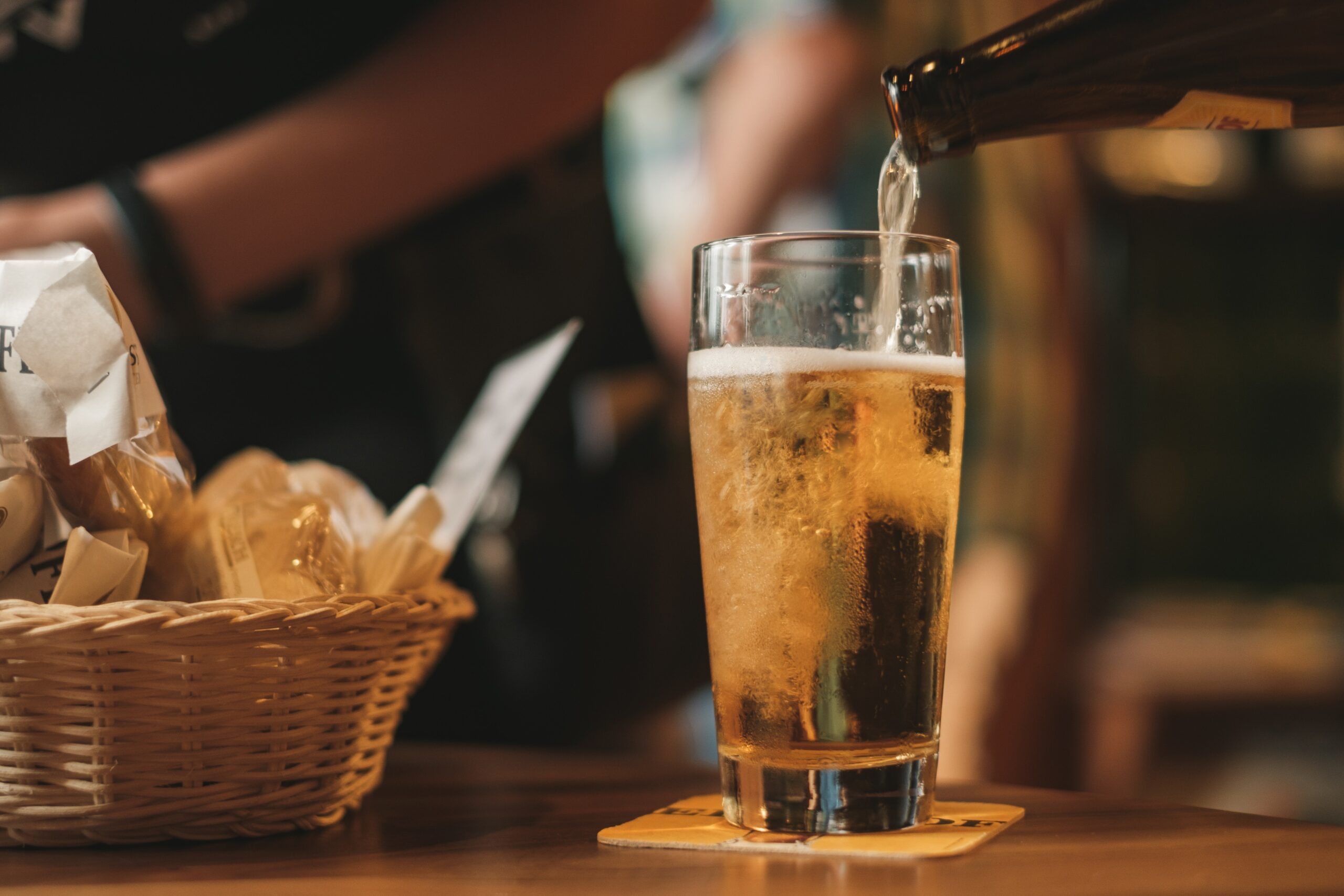Can beer be good for you? It might seem outlandish, but in moderation, it can be true. As it’s National Beer Lovers Day, we thought it would be a good idea to explain the multiple health benefits of drinking beer. This list has all the information you need:
Beer has a similar amount of antioxidants as a glass of red wine. Much like red grapes are chock full of antioxidants, so are barley and hops that are used in beer brewing. In addition, beer has a higher protein content than other spirits, along with bountiful amounts of Vitamin B, iron, calcium, phosphates, and fiber.
- Beer can help lower your risk of diabetes.
A study published by the European Association for the Study of Diabetes determined that people who drink beer three to four times a week were less likely to develop diabetes than those who don’t drink. Among men, those who drank one to six beers a week had a 21% lower risk of developing diabetes later in life.
- Beer may lower your risk of heart disease.
Studies conducted by the New England Journal of Medicine suggest that one to two daily beers can lower your risk of heart disease, improving general heart health.
It is comparable to the heart-health benefits of wine due to beer’s antioxidants and other nutrients. More research is needed to make a more definitive conclusion about beer being a heart-healthy drink, but the current findings are quite promising. Overall mortality can also be improved by drinking beer, with one beer a day for women and two beers a day for men helping them live longer.
- Light beer has two-thirds fewer calories than standard beer.
It’s pretty well-known that light beer has lower alcohol content and calories compared to regular beer. It’s one of the reasons we call some beers “heavy,” such as ordering a Budweiser compared to Bud Light. That doesn’t mean light beer has any lower count of nutrients found in standard beer; it has around 2–3% of the vitamins and minerals listed earlier. However, beer shouldn’t be used as a substitute for regular food. It doesn’t have the same amount of nutrients as fruits and vegetables, so you’d have to drink a massive amount to get daily nutritional intake.
- Beer may lower your risk of dementia.
A National Center for Biotechnology Information study theorized that low to moderate alcohol intake in late adulthood could help improve cognitive function and memory. Moderate drinking means one to two beers a day. This benefit is due to a flavonoid found in hops called Xanthohumol, which slows down the rate of memory loss and protects brain cells. However, on the other hand, excessive drinking has been linked to an increased risk of dementia and cognitive decline.
- Beer can prevent kidney stones.
Men and women who partake in moderate beer drinking reduced their risk of developing kidney stones by 41%. According to the American Society of Nephrology, hoppy beers like pale ales contained kidney-positive phytochemicals.
That next IPA you order could improve your kidney function.
- Beer increases bone density and strength.
Early studies by the National Institutes of Health suggest that beer has bone-strengthening nutrients. On top of the high level of calcium, beer has a high silicon content, and when ingested, this helps improve the growth of bone connective tissue and lowers the risk of osteoporosis. In moderate amounts, beer can help improve bone density in postmenopausal women significantly. Again, this correlates with moderate drinking — the benefits of beer drop when it’s drunk in excess.
In celebration of National Beer Lovers Day, it’s good to know that beer’s not just empty calories. It can help your body improve while enjoying your favorite beer with friends. Remember, moderation is everything, so don’t go out binge drinking and think your bones will be strong and your heart will be healthy. Please enjoy responsibly, like the beer commercials.





